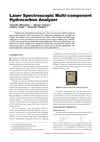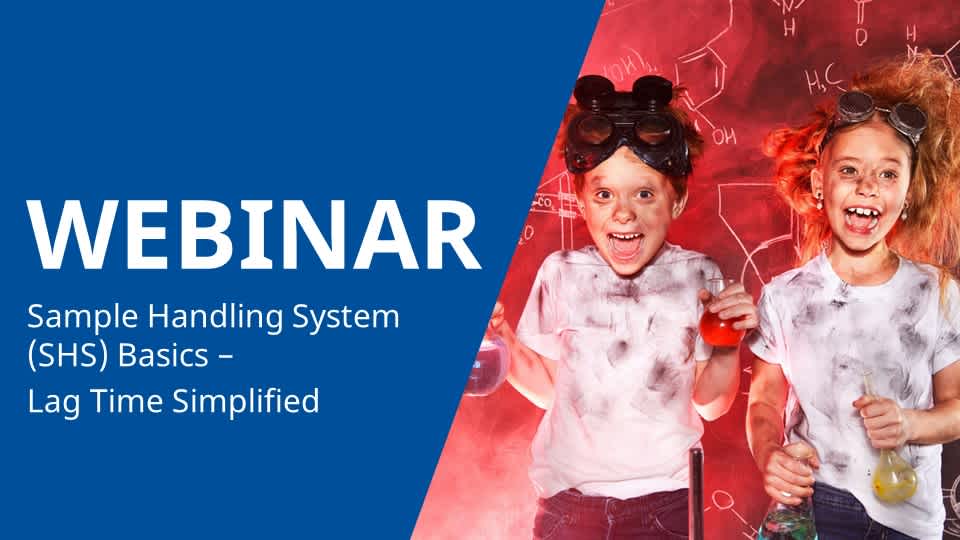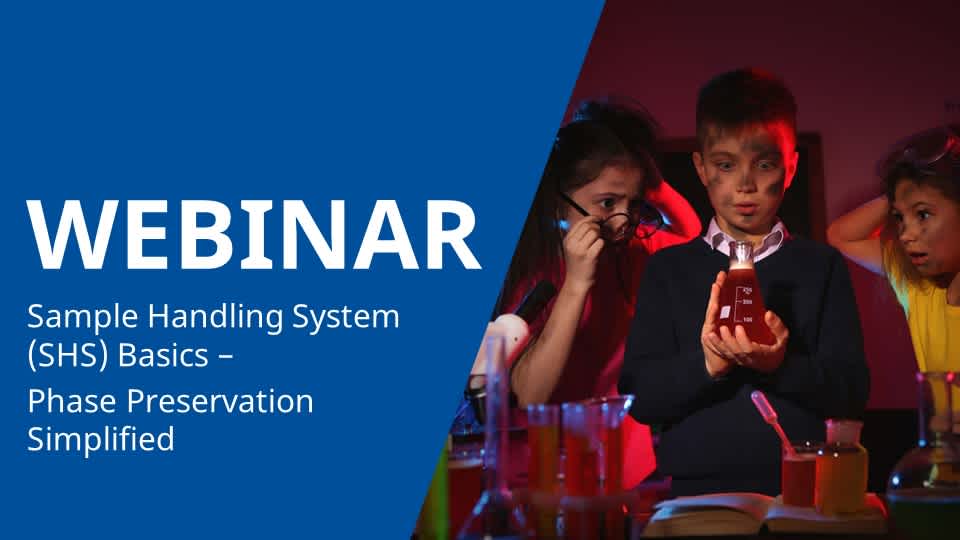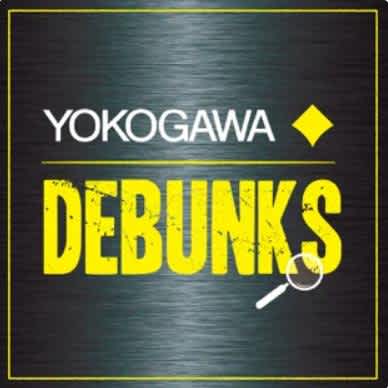What Is a Process Gas Chromatography Machine?
 Process gas chromatography is used for separating and analyzing chemical compounds in the gas phase of industrial processes. Since the mid-twentieth century, the gas chromatograph has made a name for itself as a do-all analytical instrument with analysis capabilities ranging from percent level to ppm. Traditionally, field gas chromatographs have been used in the hydrocarbon industry, but have expanded for use in a wide range of industries from chemical process to power.
Process gas chromatography is used for separating and analyzing chemical compounds in the gas phase of industrial processes. Since the mid-twentieth century, the gas chromatograph has made a name for itself as a do-all analytical instrument with analysis capabilities ranging from percent level to ppm. Traditionally, field gas chromatographs have been used in the hydrocarbon industry, but have expanded for use in a wide range of industries from chemical process to power.
 Need It Now?
Need It Now?
Yokogawa offers 6-8 week lightning fast delivery* within North America (*for most applications).
-
Process Gas Chromatograph GC8000
Streamline plant operations with user friendly interfaces
-
Gas Chromatograph AI Maintenance Support (GCAI) for GC8000
GCAI software uses machine learning models built for each monitored GC8000 to detect "unusual" measurement conditions in real-time.
The system helps you deal with malfunctions in advance and realize prompt maintenance response in the event of a malfunction.
User can start to use by setting-less.
Details
What Are the Industrial Applications of Gas Chromatography Machines?
Process gas chromatographs such as the GC8000 gas chromatography analyzer separate and analyze chemical compounds in the gas phase of online industrial processes and lab applications.
- Refining
- Natural gas
- Petrochemical
- Environmental area monitoring and more
What Are the Benefits of Gas Chromatography Machines?
Chromatography gas analyzers offer:
- Flexible and secure network capabilities
- Reliable
- Intuitive
- Maintenance and cost reduction
Resources
Fast online gas chromatograph (GC) analysis for LPG distillation. The analytical upgrade project with process GCs was a complete success.
VOC (Volatile Organic Compounds) are compounds that evaporate easily at room temperature. They generate photochemical oxidants and cause soil and water pollution.
Environmental pollution caused by volatile organic compounds (VOCs) has become a global environment issue, including issues on effects upon health. This paper introduces a system based on detection and sampling technologies and developed for measuring goes in the global environment. Small amounts of VOCs are measured with a gas chromatograph or photoionization detector (PID). VOCs in water are sampled using a sparging method. A small quantity of VOC constituents of more than 20 different types can be measured with a gas chromatograph using a programmed temperature oven. The PID can detect a ppb level of VOCs that are ionized using a vacuum ultraviolet radiation lamp. We expect these devices will be useful for improving the global Environment.
In recent years, shale gas extraction technology has made rapid progress, inducing a shale gas revolution mainly in the USA. Thus, the need for analysis of hydrocarbon gases, including natural gas, is expected to grow rapidly. Traditionally gas chromatography has been used for the analysis of hydrocarbon gases; it can accurately measure the concentration of each hydrocarbon component in a sample of natural gas.
Loek van Eijck, Yokogawa, The Netherlands, questions whether rapid analysis of gases and liquids can be better achieved through use of a gas chromatograph or near infrared analyser. Conventionally, the liquid and gas components such as those broken down by naphtha crackers have been measured by a process gas chromatograph (PGC), with the subsequent measurement values then being used for control purposes.
The EPA rule, 40 CFR 63 Subparts CC and UUU, is forcing refineries to monitor flares. Fortunately, modern analyzer technology makes it possible to meet the requirements, generate the necessary reports, and stay in compliance.
Here’s how to select the right analyzer to meet these demands.
Downloads
Brochures
Videos
The GC8000 is a process analyzer that uses gas chromatography to measure the composition of multiple components in a stream. Engineered with reliable electronics and intelligently designed columns and valves, the GC8000 improves ease of maintenance while reducing operating costs. Its intuitive touchscreen HMI with system diagnostics reduces operation and maintenance headaches, maximizing measurement accuracy, reliability, and uptime. More Information
Yokogawa programs each oven to suit one or multiple process samples via its main components (sets of valves, columns, and detectors explicitly designed to the customer's application), and the combination of which is based on the chemical properties of all or some of the components in the specific gas mixture.
The GC8000 has an innovative predictive diagnostics; Virtual Tech, package built in to help keep the unit operating at peak performance. A number of Key Performance Indicators (KPI) are monitored during every analysis to verify the analyzer is operating within proper tolerances. The data monitored includes: Chromatogram Shape, Peak Data, Valve Data, Detector Data, Oven Performance Data
The GC8000 has a built-in 12-inch color touch screen display that dramatically simplifies maintenance. At the touch of the screen, the technician can access all of the analytical parameters and measurement results; displayed in easy-to-understand graphical color screens.
The Yokogawa GC8000 HMI provides simple overview screens show the analyzer’s operation at a glance to trend displays of Key Performance Indicators (KPI). Easily navigation to the information or task that needs to be accomplished simplifies routine GC maintenance as well as enables technicians to quickly begin using the analyzer with minimal training. In this 20 min HMI Introduction video we walk you through how to set-up a GC. During the training, you can see first-hand how quickly you could feel comfortable with the GC8000 interface.
Sample systems are a crucial component of and have a significant impact on the performance of a process gas chromatograph analyzer. When working on sample systems, you must have a constant awareness of time delays. This fundamentals webinar will take the mystery out of lag times.
This time around, Nelson Isea discusses the many misconceptions around Gas Chromatographs. Technicians see this machine as Black Magic, too complex to understand and believe a Chemistry degree is necessary to service them. Tune in to find out more about this insightful chat.
Nick Crowe discusses whether to calibrate or validate your analyzers. He demystifies the differences between both options and uncovers the truth about performing either.
Looking for more information on our people, technology and solutions?
Contact Us














